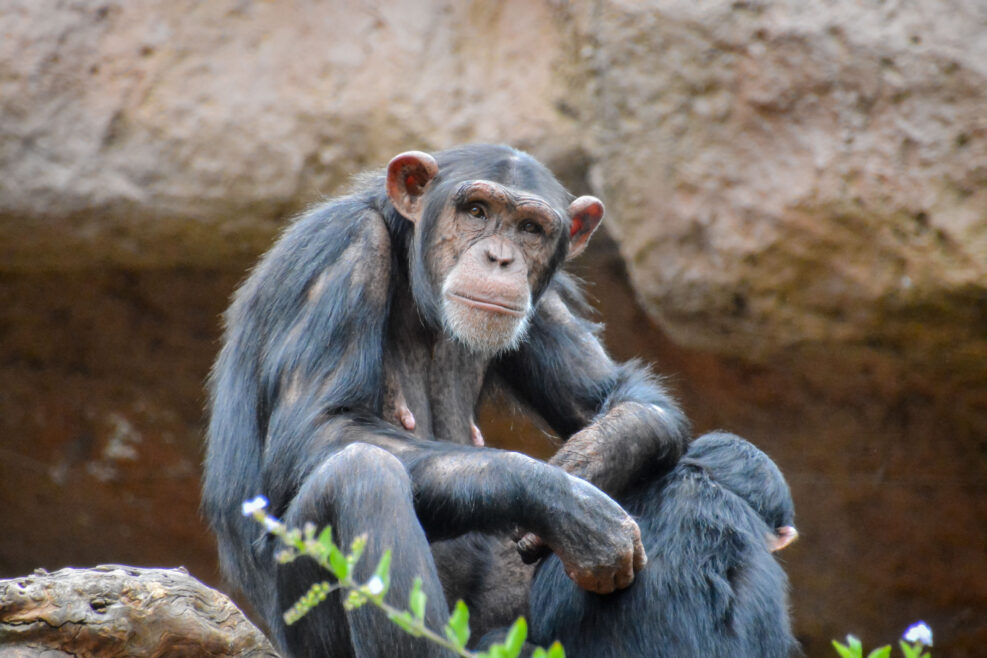
Some Mysteries About Cats … Solved!
Pet dogs outnumber cats but they’ll never excel at creating the aura of mystery at which the cat effortlessly succeedsFollowing up on the ways cats are intelligent, it might be fun to look at how humans got involved with them. It turns out that there are reasons why we have always found cats mysterious, compared to dogs. Why are people so fond of cats? There are lots of reasons but here’s an interesting find: Domestic cats’ meows for attention are said to be unique to their relationship with humans. Oxford neuroscientist Morten Kringelbach has found a way to map human responses via magnetoencephalograph (MEG) studies that measure electrical activity in our brains in real time. He found that the cry of a baby triggered a response in the orbitofrontal cortex before study subjects had identified the sound consciously. Adult Read More ›



















